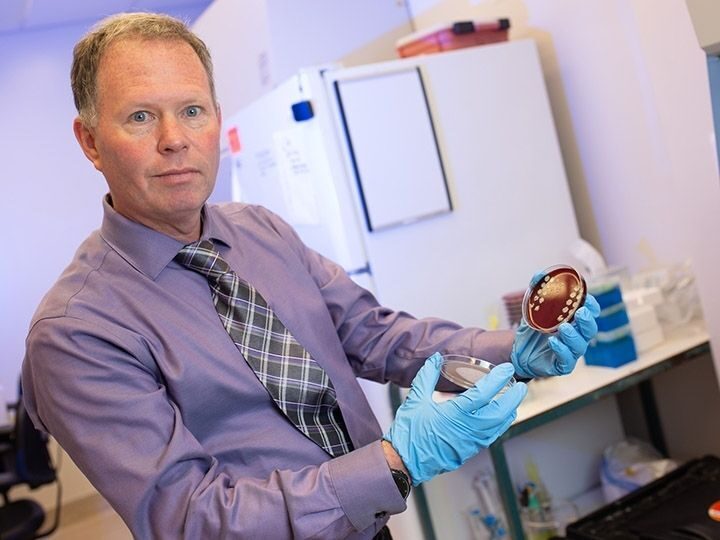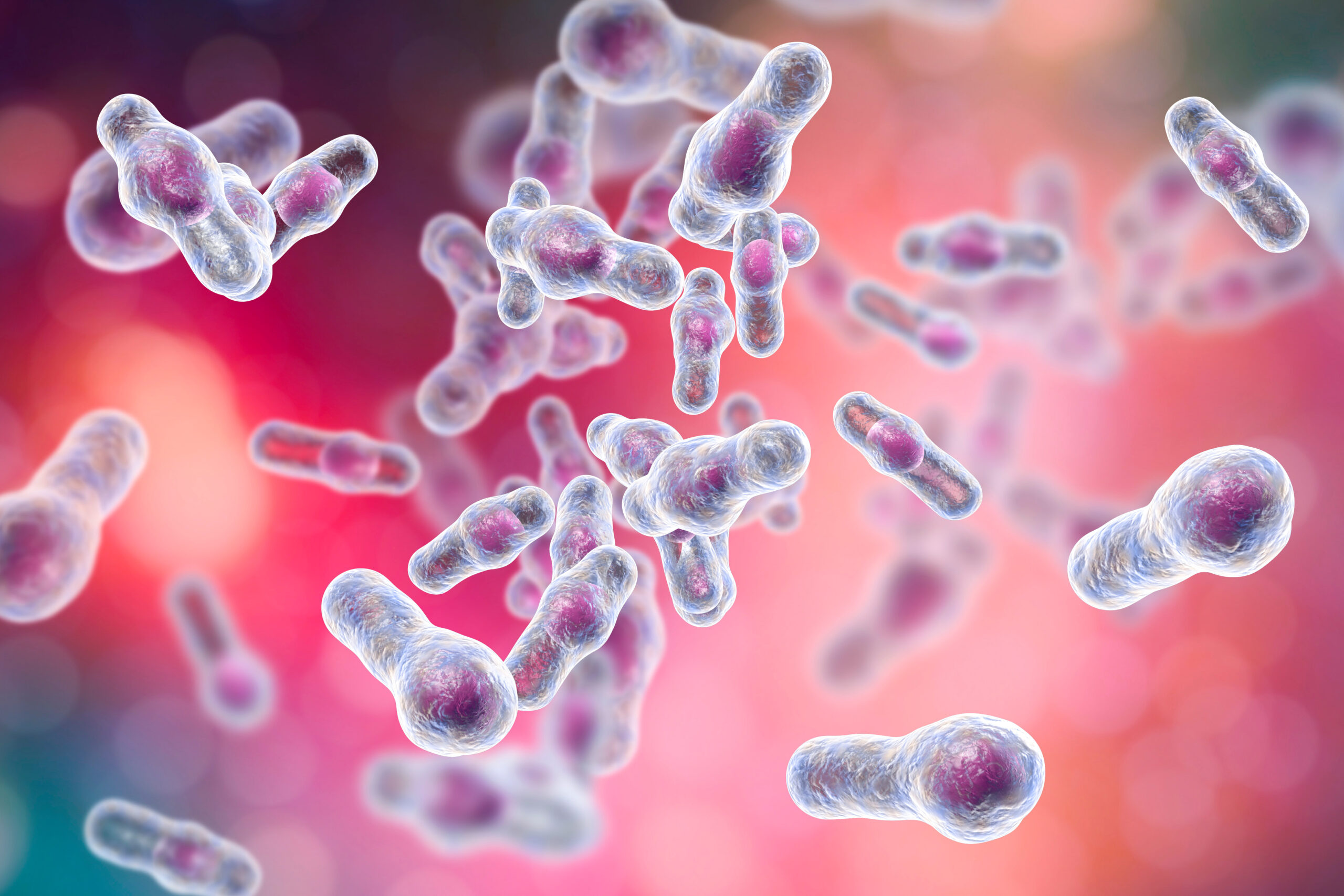Scientists have demonstrated for the first time that treatments with engineered bacteria can significantly improve the quality of life in patients with C. difficile infections.
The new treatment by University of Houston College of Pharmacy researchers is SER-109, a pill with live, purified Firmicutes bacterial spores designed to compete with Clostridium difficile. It can also restore colonization resistance to C. difficile. Firmicutes are a type of bacteria that live in the human gut. Many members of the Firmicutes phylum produce an important substance, butyrate, that keeps the colon healthy.
C. difficile is one of the most stubborn colon superbugs. These are disease causing microbes resistant to antibiotics. C. difficile It is the most common agent in health care-associated infections in the U.S., causing more than 460,000 infections and 20,000 deaths annually. Infection is debilitating, causing up to 20 watery bowel movements daily. Quality of life can plummet, with loss of productivity, anxiety, and depression. C difficile infection (CDI) can be life-threatening, recurrent, and persist for lengthy durations.
Currently approved antibiotics for C. difficile infection relieve symptoms. Sustained relief is uncommon, however, because antibiotics do not kill dormant C. difficile spores. Also, they do not address the disrupted microbiome, which is the underlying cause of recurrent disease.
Promising results of new SER-109 treatment
“In this exploratory analysis patients treated with SER-109 had significantly greater improvements in health-related quality of life (HRQOL) scores compared to placebo-treated patients as early as Week 1, with continued steady and durable improvements by Week 8,” says Kevin Garey, professor of pharmacy practice and translational research at the University of Houston College of Pharmacy, in a statement.
“These findings suggest that an investigational microbiome therapeutic may improve HRQOL, an important patient-related outcome,” Gary explains.

More promising results
Also in Week 8, improvements were observed in the mental domain and subdomain scores of the survey. These were seen in patients taking SER-109, independent of the clinical outcome. Garey developed the disease specific HRQOL measurement tool.
“Several interesting hypotheses arise from this novel observation, which may be related to the potential role of the microbiome in disorders related to the gut-brain axis. CDI is associated with a disrupted microbiome which has been associated with mood disorders, including anxiety and depression,” said Garey.
This research is published in the Journal of the American Medical Association (JAMA) Network Open.
